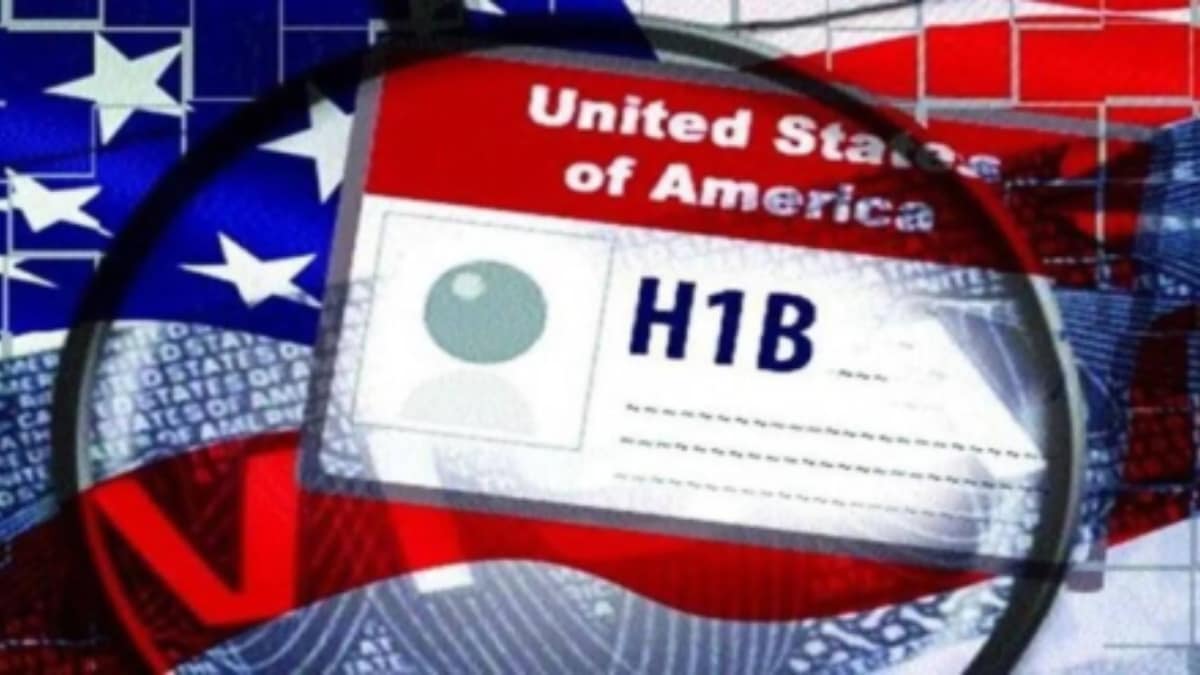H-1B Denial Highlights Critical LCA Filing Error & Specialty Occupation Challenges
This case underscores the critical importance of meticulous procedural compliance and competent legal representation in H-1B petitions, warning applicants and employers of severe consequences for errors.

Subscribe to our newsletter and stay informed about latest H1B news, policy updates and and other developments.
Article Summary
A Reddit user detailed their H-1B petition denial after a Request for Evidence (RFE) due to a lawyer's alleged procedural error in filing a new Labor Condition Application (LCA) after the petition submission date. The initial RFE questioned the LCA's Standard Occupational Classification (SOC) and whether the role met specialty occupation criteria. USCIS ultimately denied the petition based on the untimely LCA submission, deeming the new LCA invalid.
Original Article: financialexpress.com
[ Sentiment: negative | Tone: factual ]
This summary and analysis were generated by TheNewsPublisher's editorial AI. This content is for informational purposes only; it does not constitute legal or immigration advice.
[ Sentiment: negative | Tone: factual ]
This summary and analysis were generated by TheNewsPublisher's editorial AI. This content is for informational purposes only; it does not constitute legal or immigration advice.
TNP AI: Key Insights
This incident serves as a crucial cautionary tale for both H-1B petitioners and employers, highlighting that even minor procedural missteps, especially regarding LCA certification timelines, can lead to outright denial, regardless of the merits of the specialty occupation argument. It emphasizes the high stakes involved and the need for rigorous vetting of legal counsel.
USCIS consistently enforces strict adherence to filing timelines and established procedures, particularly for critical documents like the LCA, which must be certified *before* an H-1B petition is filed. This standard is fundamental to the H-1B program's integrity and is distinct from the more flexible RFE responses for substantive issues, demonstrating the agency's firm stance on procedural correctness.
The denial, despite the individual's STEM OPT status, means they will likely need to re-enter the H-1B lottery in future years, facing renewed uncertainty and the pressure of a looming OPT expiration. This situation could also prompt employers to review their internal processes for selecting immigration counsel and to ensure better oversight of petition filings to mitigate similar risks for their foreign talent.




